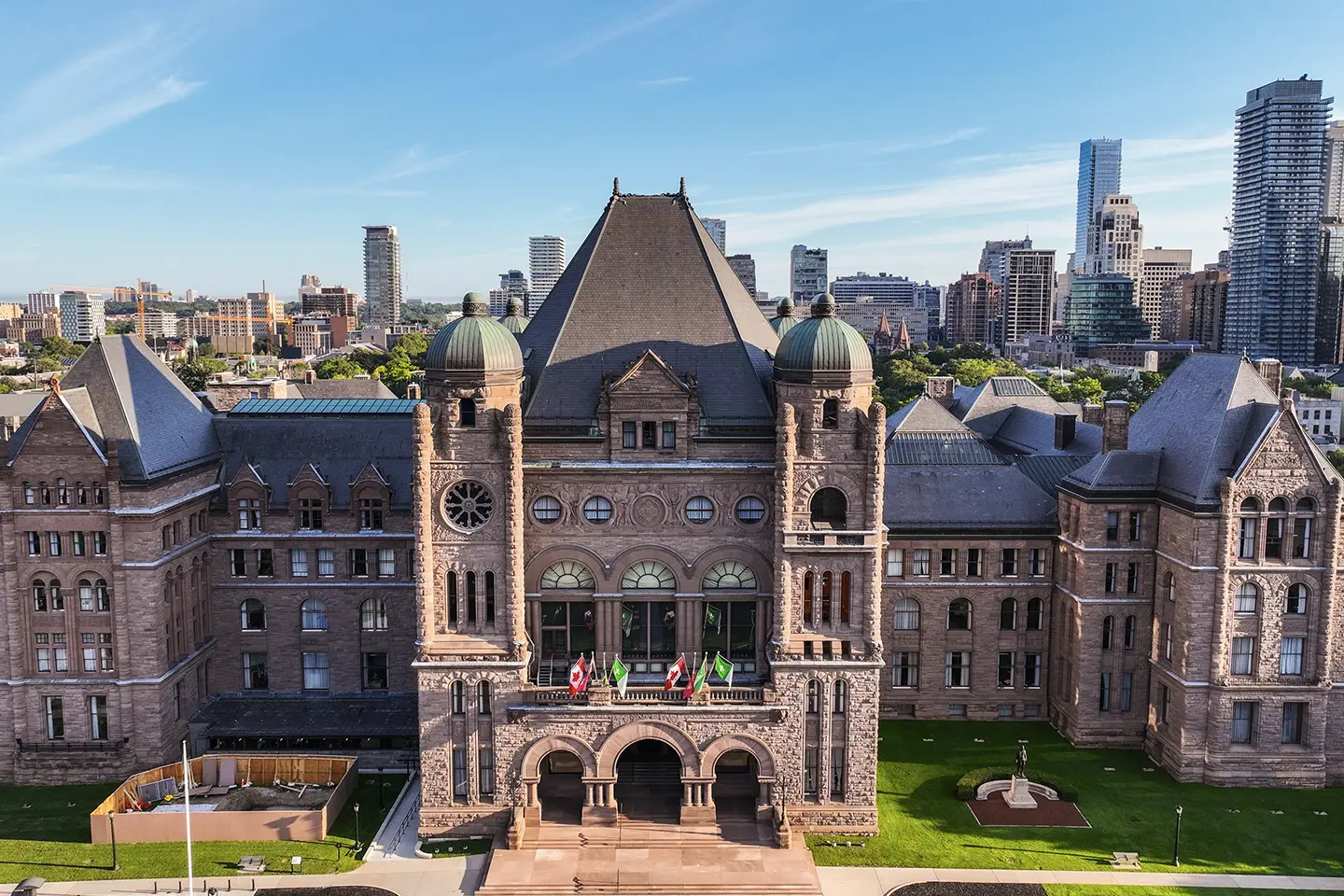New Democratic Party Pulls Out of Supply and Confidence Agreement with Liberal Government

In a video posted to social media this afternoon, New Democratic Party Leader Jagmeet Singh announced that he is formally terminating the supply and confidence agreement (SACA) his party made with the governing Liberals in March 2022. Stating in the captions that “The Liberals are too weak, too selfish and too beholden to corporate interests to stop the Conservatives,” the NDP Leader went on to state the next election will be a binary choice between the New Democrats and the current official opposition, the Conservative Party of Canada led by Pierre Poilievre.
The NDP, which currently sits fourth in the standings of the House of Commons with 25 seats, made the SACA deal with the Liberals while the country was still emerging from the COVID-19 pandemic, pledging to support the minority government through all key confidence votes in the House in exchange for concessions and party priorities on a National Pharmacare Program (the Bill for which remains as of now unpassed and up for consideration in the Senate), National Dental Care Program, legislation banning the use of replacement workers by Canadian companies during a strike, a low-income rent subsidy and a rebate on groceries.
The deal has kept the minority government of Prime Minister Justin Trudeau in office for longer than most minority parliaments in Canadian history. Until this week, the deal had looked like it might hold until its scheduled termination date of June 2025, just months ahead of the next scheduled election date of October 20th 2025.
The move comes just two weeks before the return of the House of Commons for the fall parliamentary session and during the writ period of two by-elections where the NDP is competitive in attempting to win a seat on the Island of Montreal in Lasalle-Emard-Verdun previously held by the Liberals and seeks to retain the Winnipeg riding of Elmwood-Transcona where they are running neck-in-neck with the Conservatives.

The move also comes six days after Conservative Leader Pierre Poilievre wrote a letter to Singh formally calling on him to abandon SACA and help the Conservatives (currently leading national opinion polls by as much as 20 points) trigger a fall election. "Pull out of the costly coalition and vote non-confidence in the government this September to trigger a carbon tax election in October of THIS YEAR. Or you will forever be known as 'Sellout Singh,'" Poilievre wrote.
The NDP was quick to reject the notion it was reacting to Poilievre’s demand stating they had been re-evaluating the deal in the aftermath of Labour Minister Steve MacKinnon directing the Canada Industrial Relations Board to impose binding arbitration less than 24 hours after Canadian Pacific Kansas City and Canadian National Railway locked out their workers after failing to reach a deal at the bargaining table. This stance was echoed by NDP Labour Critic Matthew Green on Tuesday.
In a tweet reacting to the news, Poilievre stated “Two years ago, Sellout Singh sold out workers and signed on to a costly coalition with Justin Trudeau that hiked taxes, ballooned food costs, doubled housing costs and unleashed crime and chaos in our once safe streets. In today’s media stunt, Sellout Singh refuses to state whether the NDP will vote with non-confidence to cause a carbon tax election at first chance.”
Speaking from a Government announcement in rural Newfoundland, Prime Minister Trudeau reacted to the news stating, "I really hope the NDP stays focused on how we can deliver for Canadians, as we have over the past years, rather than focusing on politics." Trudeau further added that he hopes an election will not take place until next fall in order to have time to further implement the aforementioned pharmacare, dental care and school lunch policies.
Both the New Democrats and the Liberals have national caucus meetings next week ahead of the return of the House of Commons to discuss strategy for the fall session now made more uncertain by the looming potential for an election at any time absent the agreement. Speculation remains that the earliest an election may come would be Spring of 2025 though there will be two crucial votes this fall on supplementary estimates that continue funding all basic functions of the federal government and then the Fall Economic Statement anticipated to be presented by Deputy Prime Minister and Finance Minister Chrystia Freeland in late October/early November. If the Liberals fail to get any of these votes passed, an election will be triggered.


